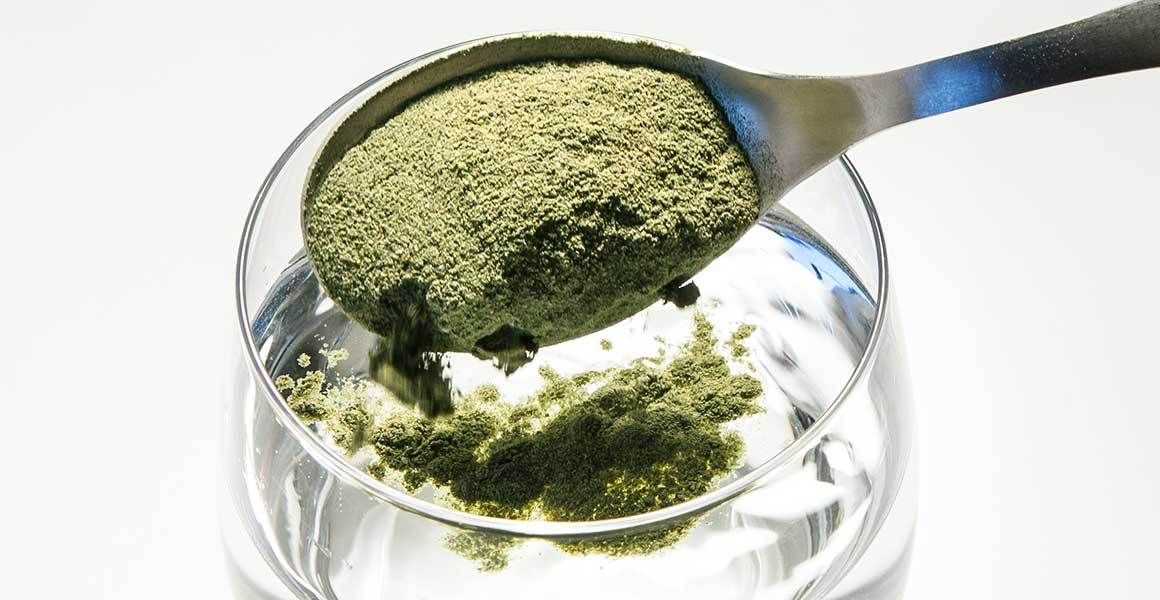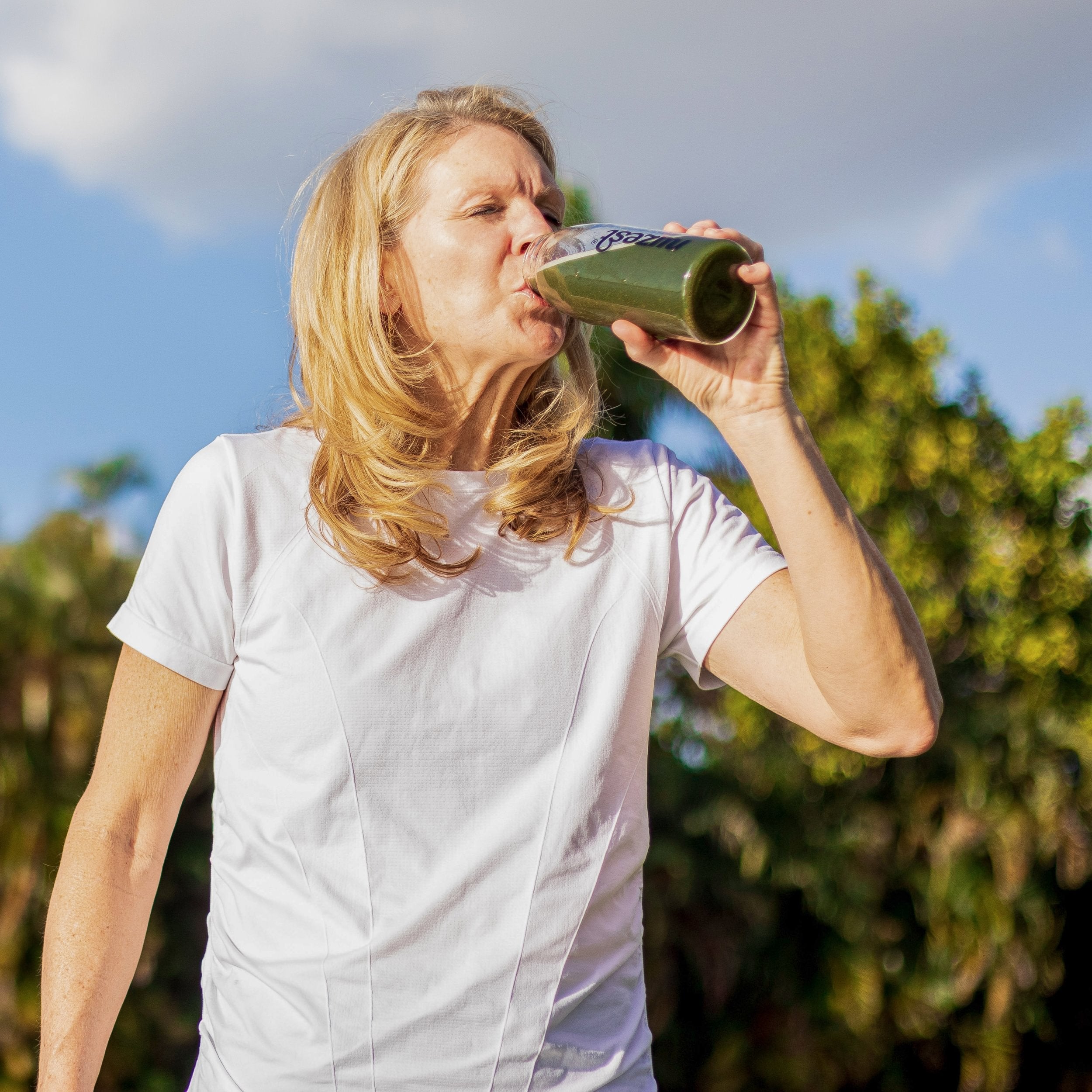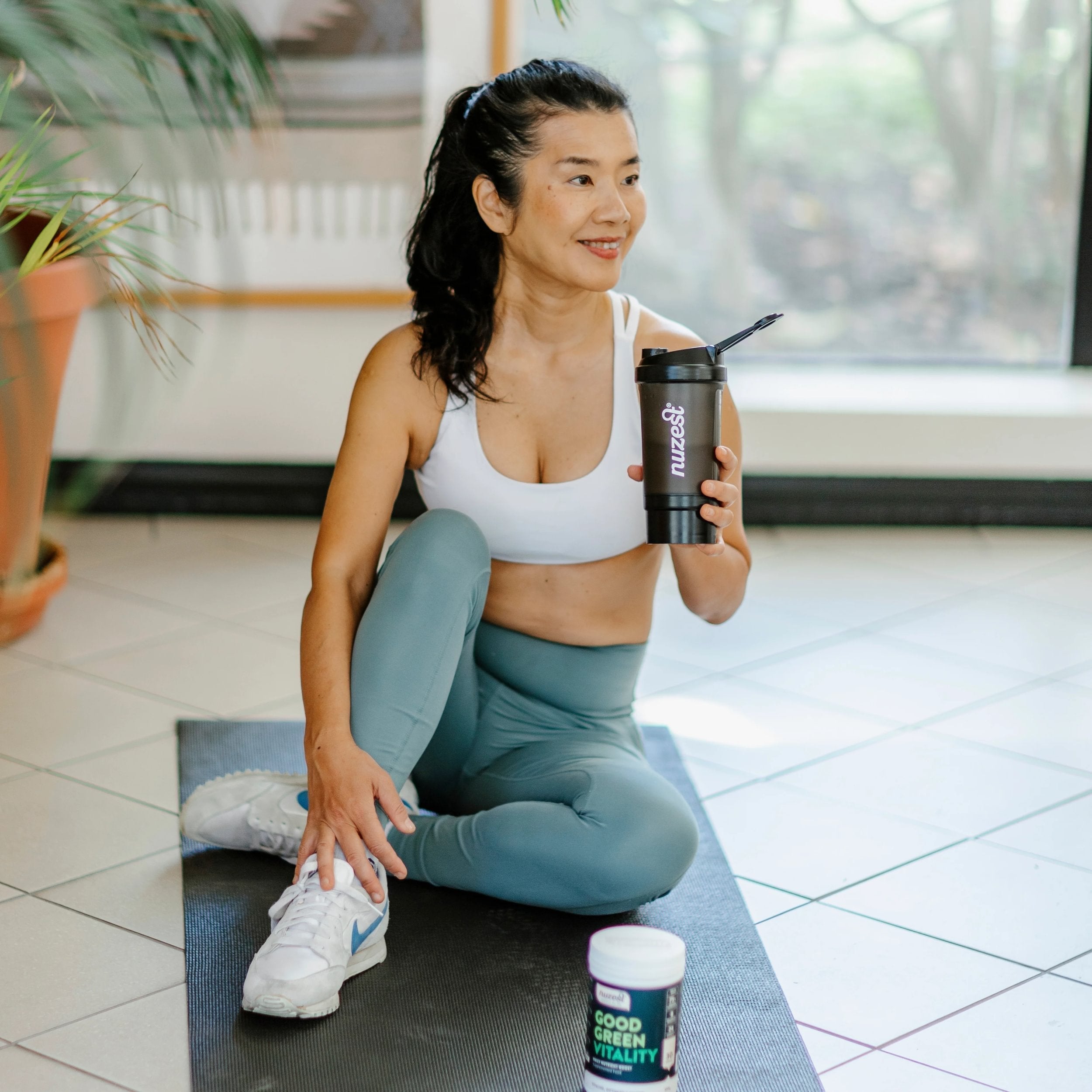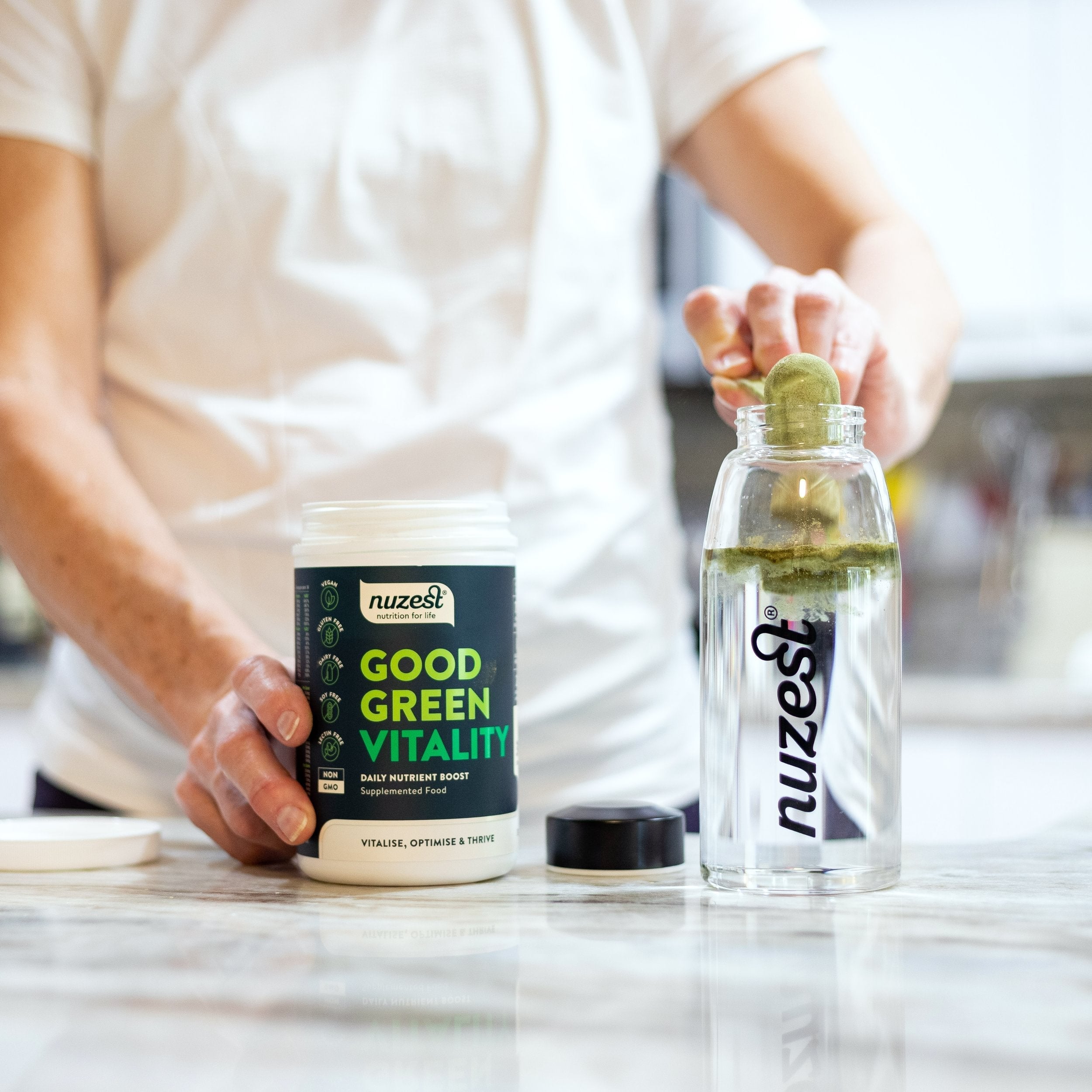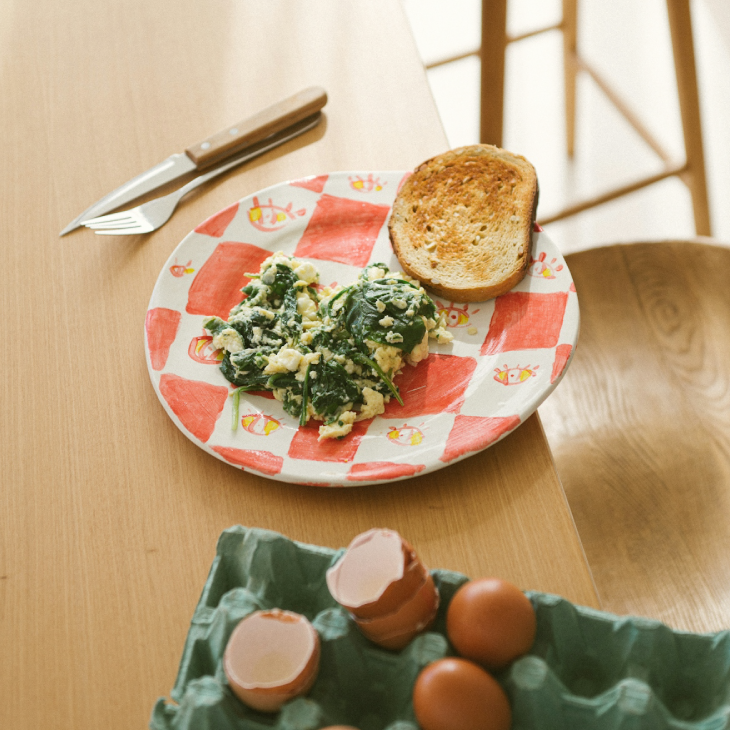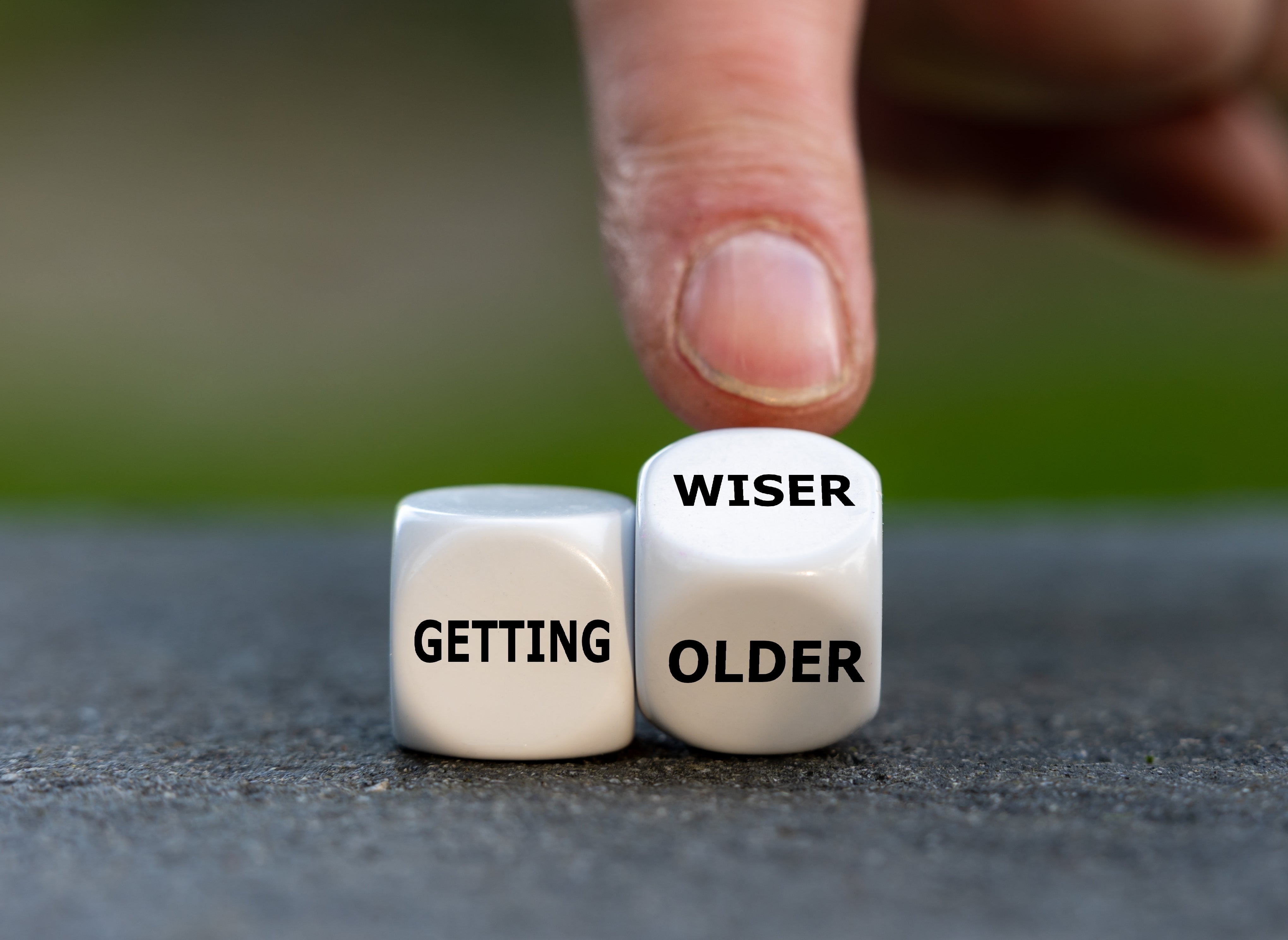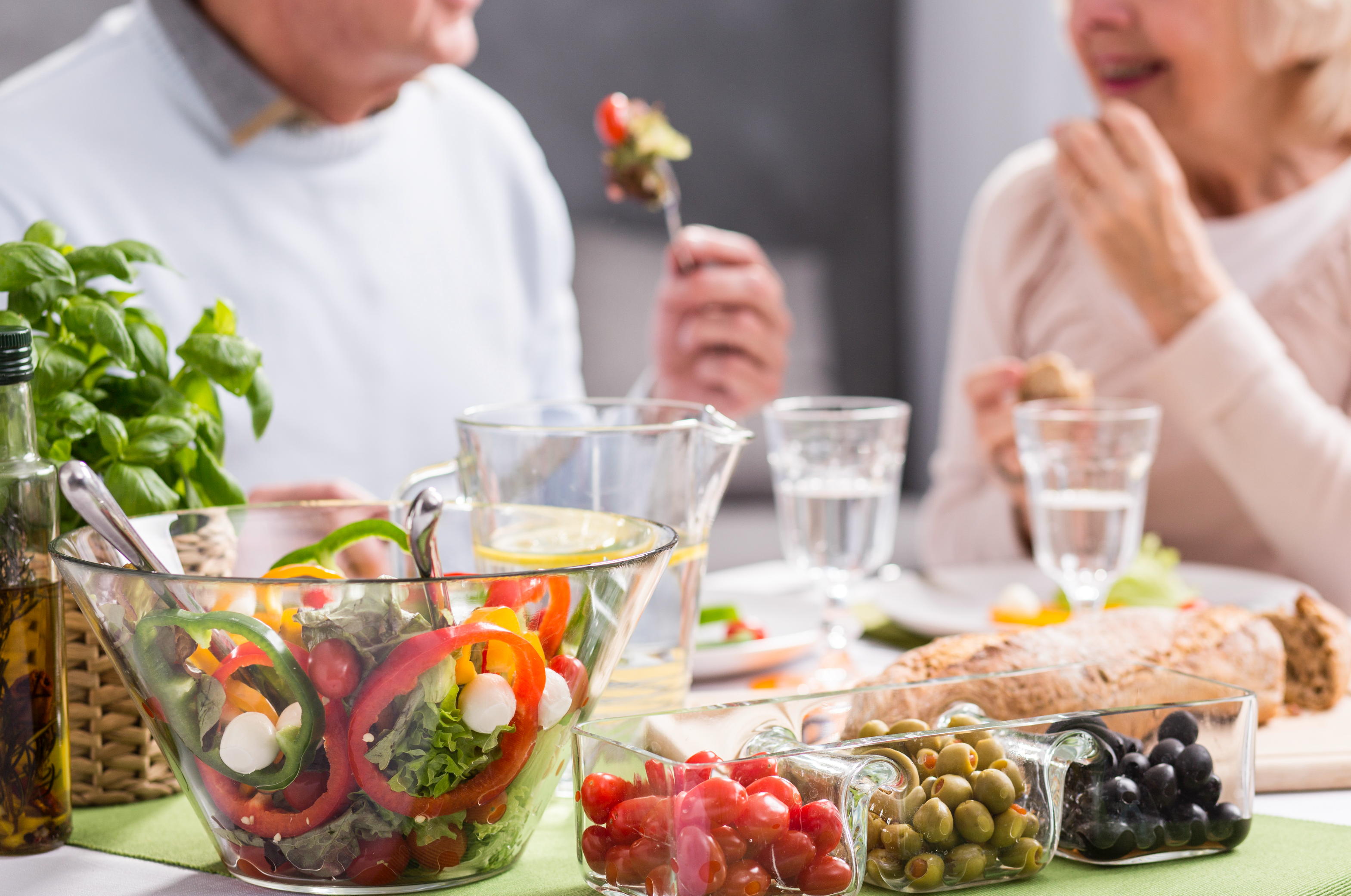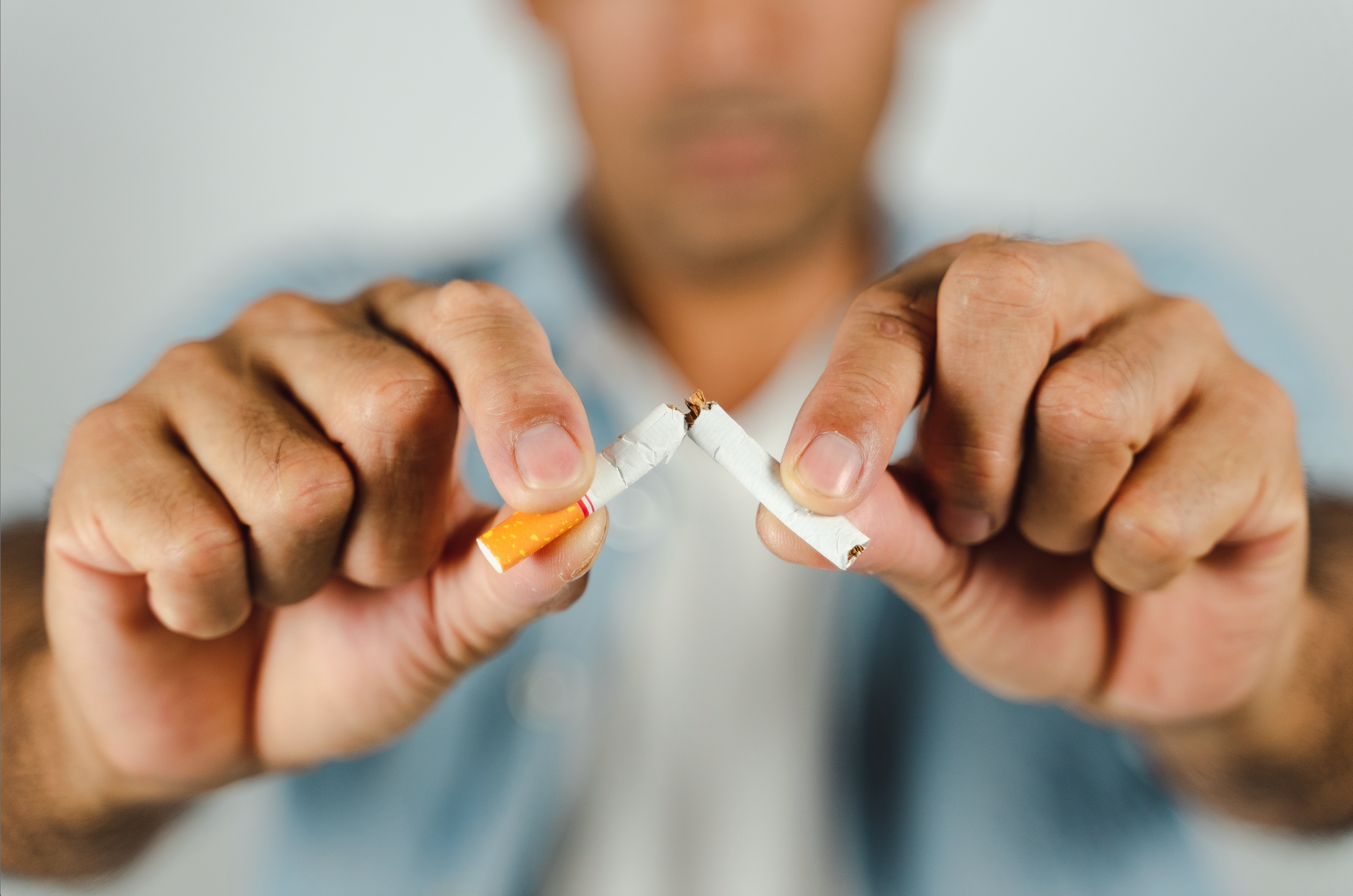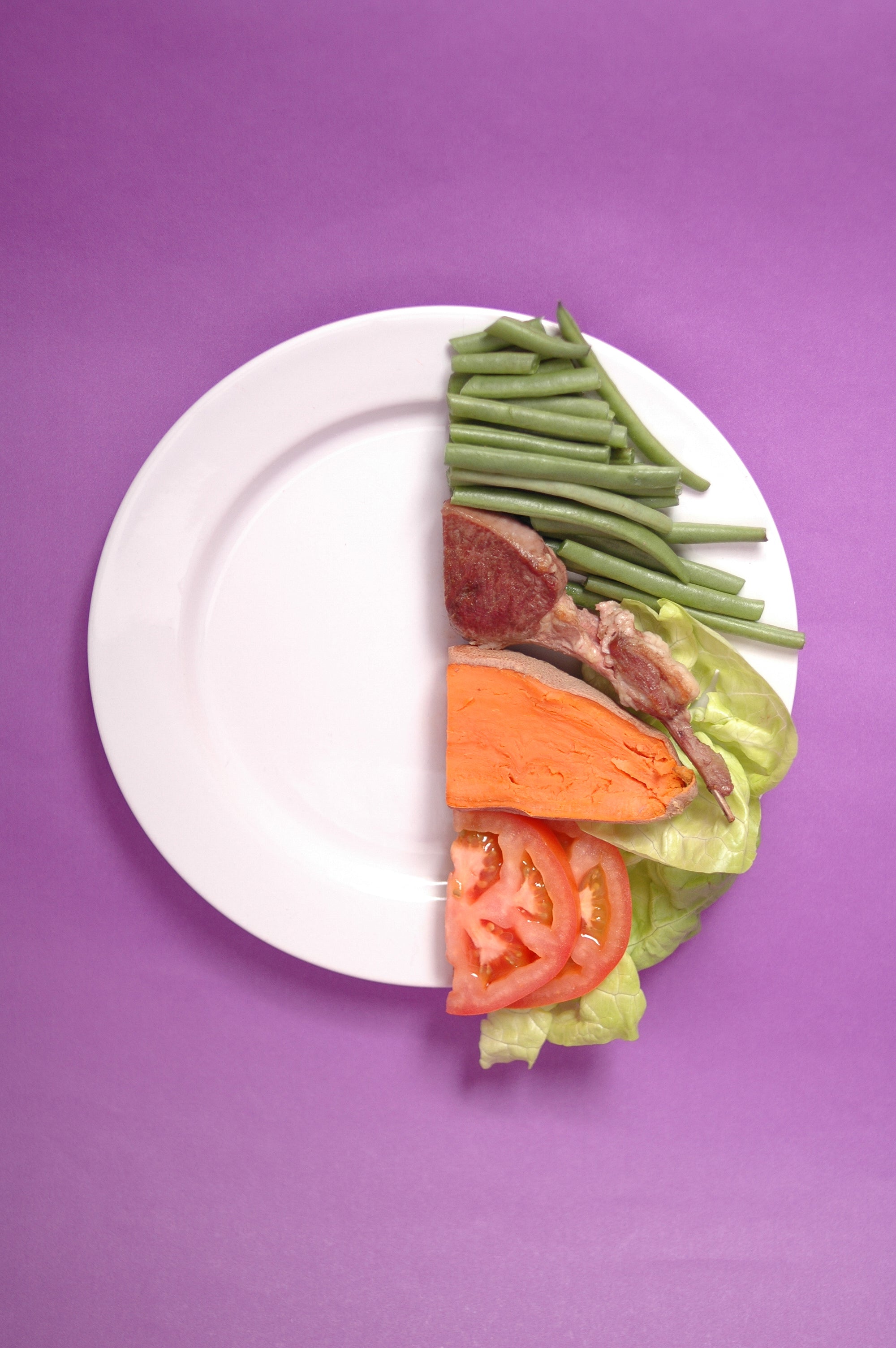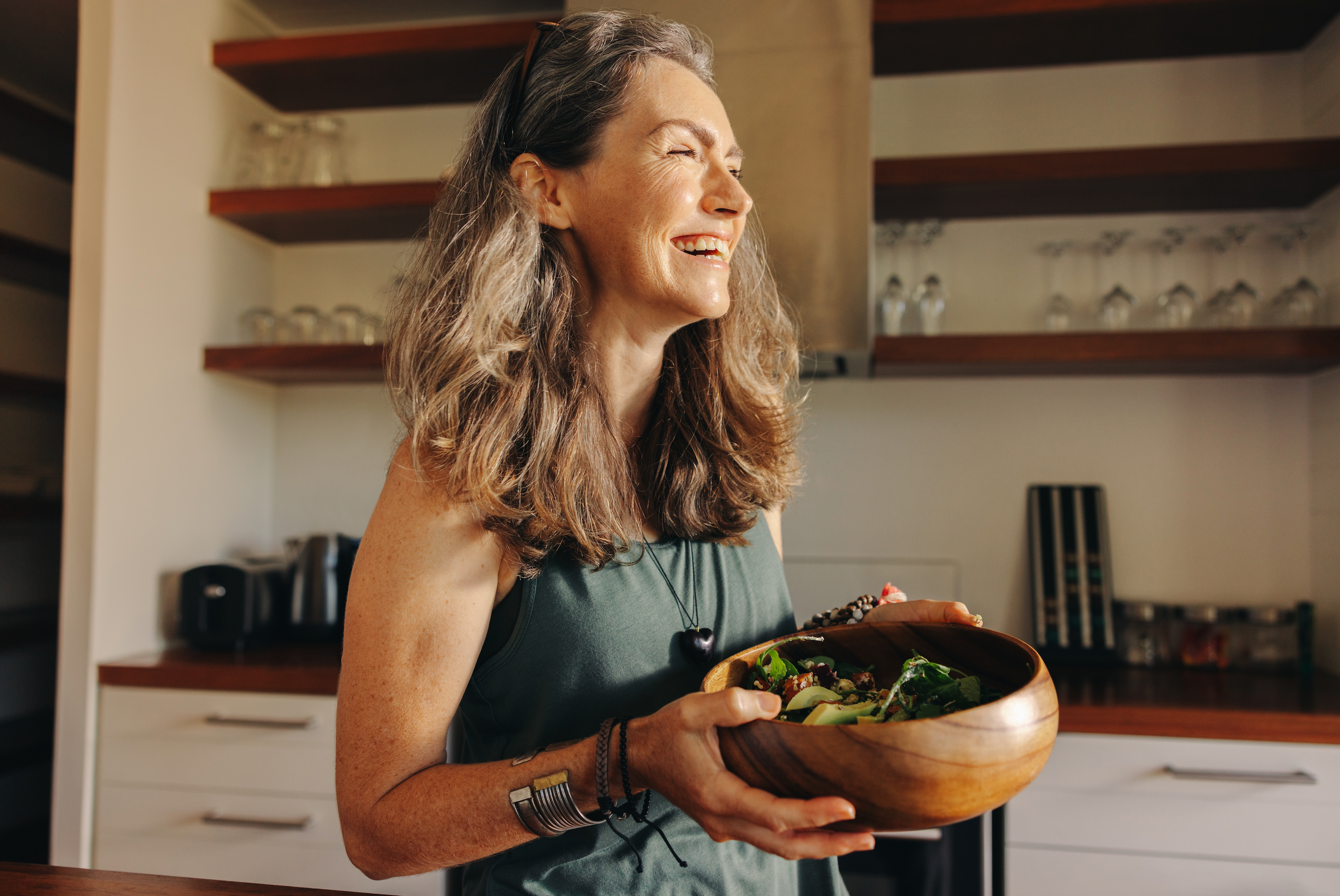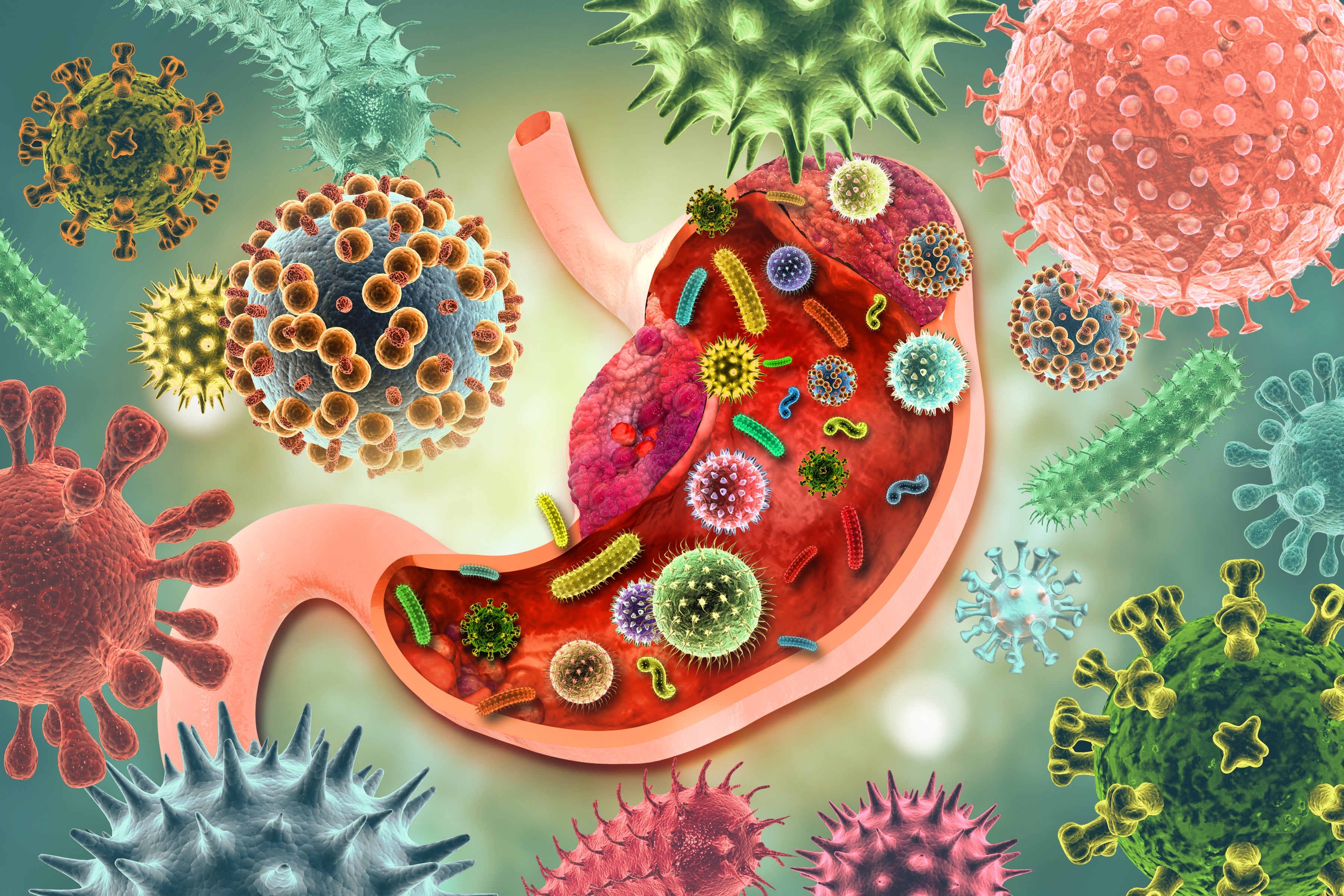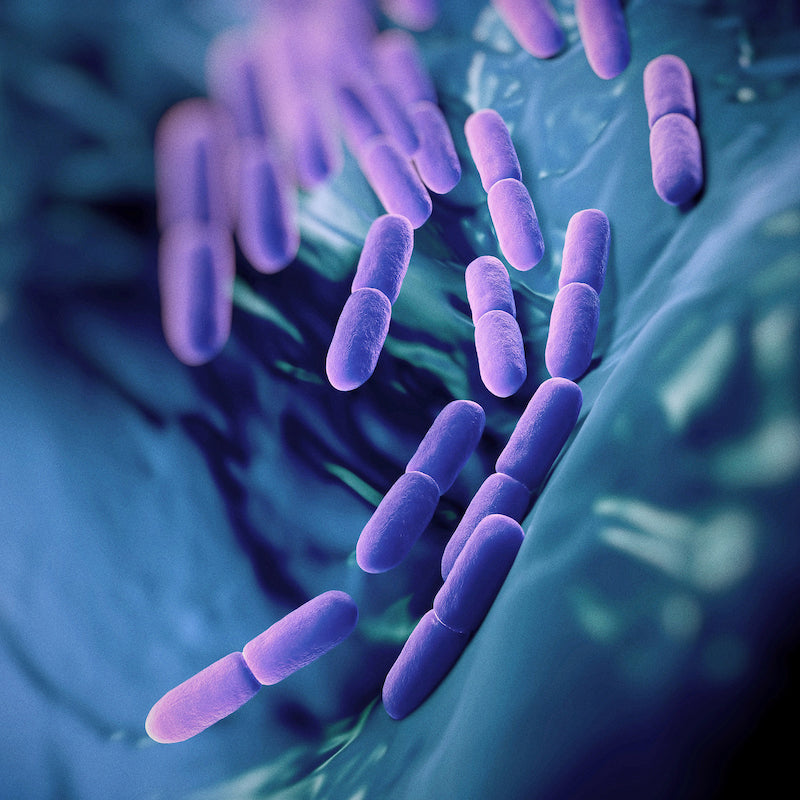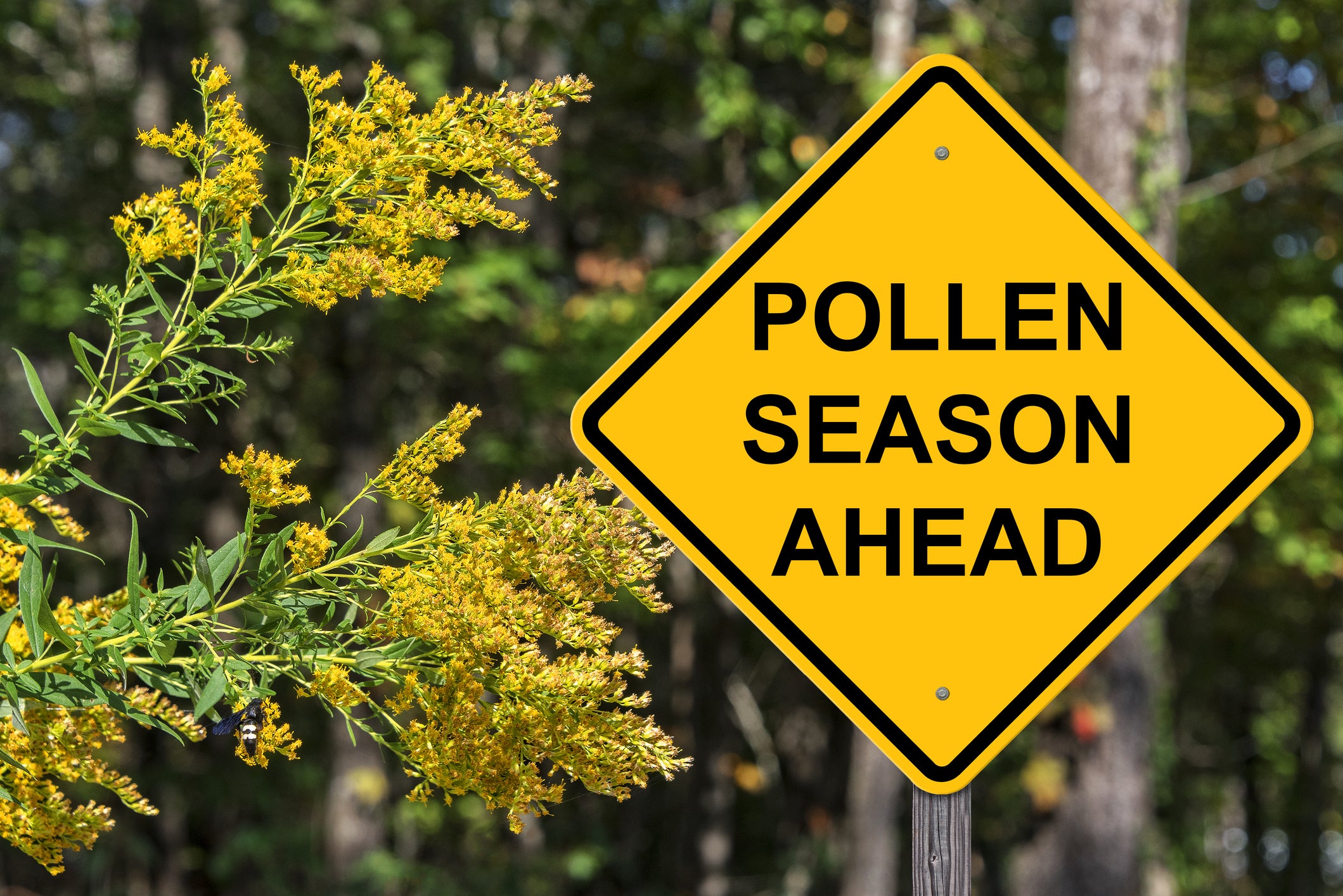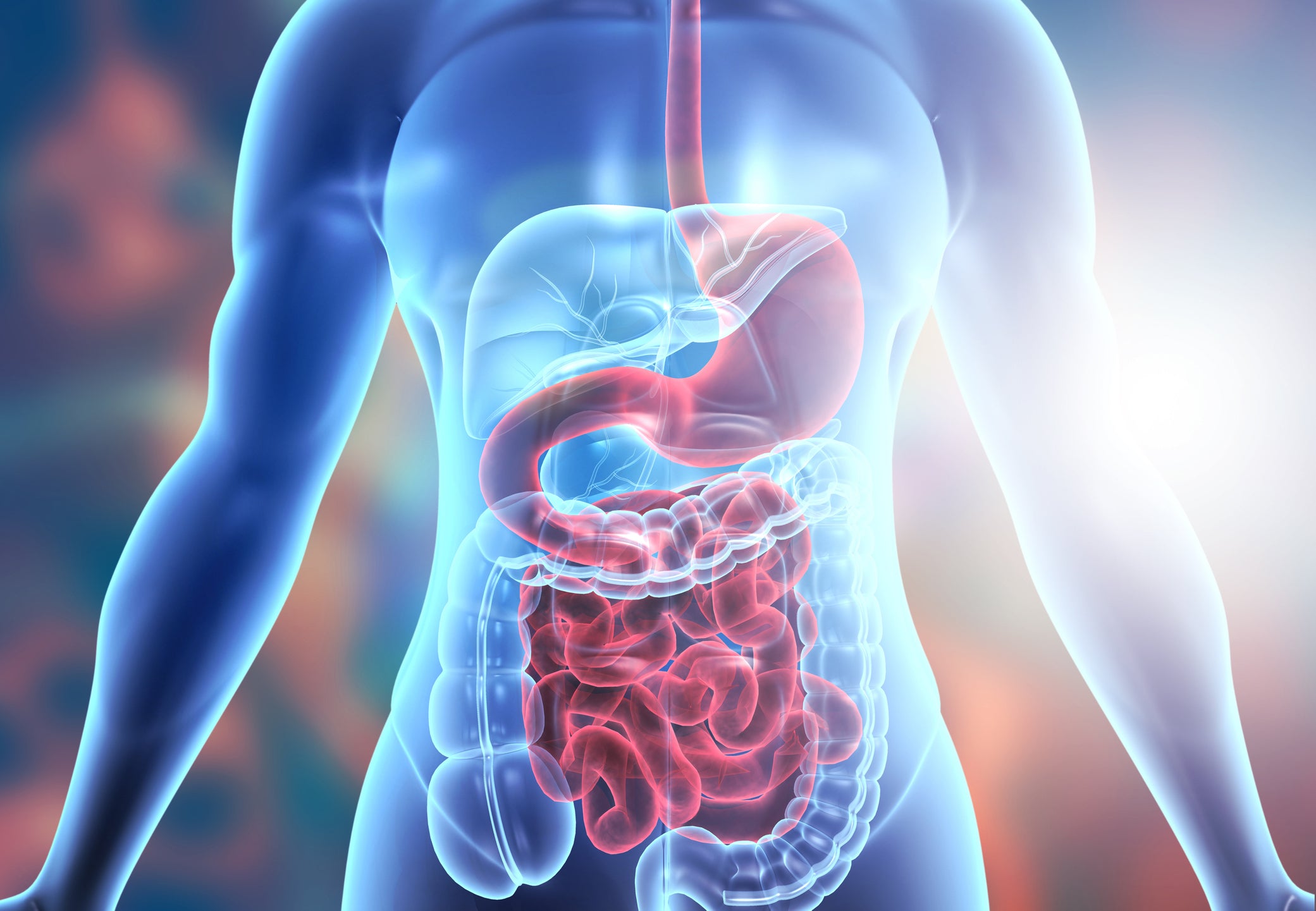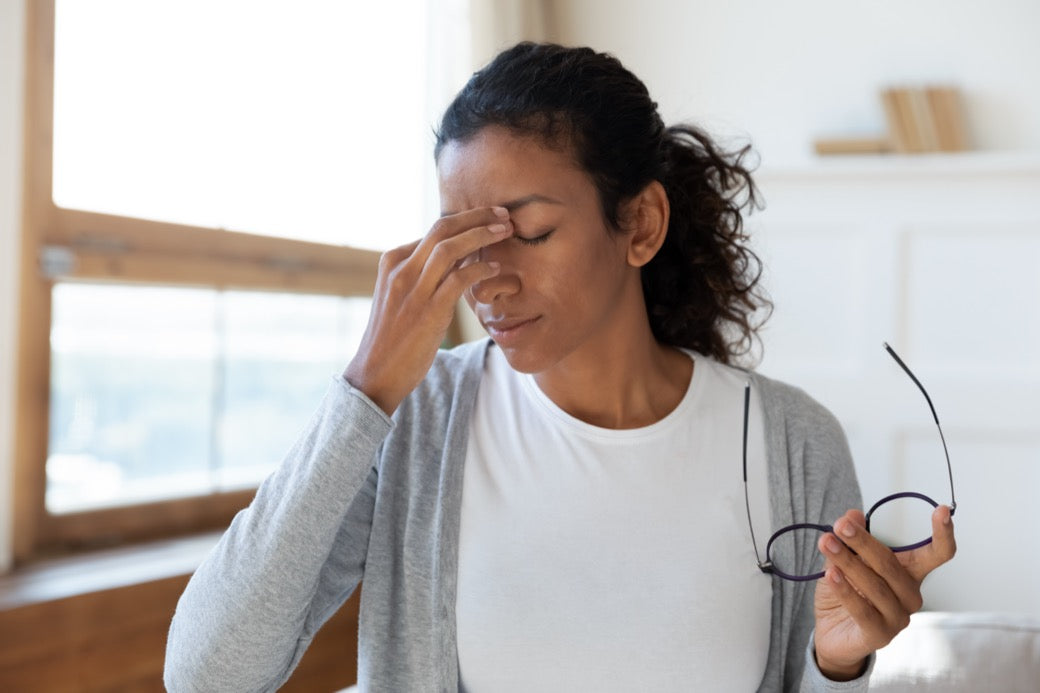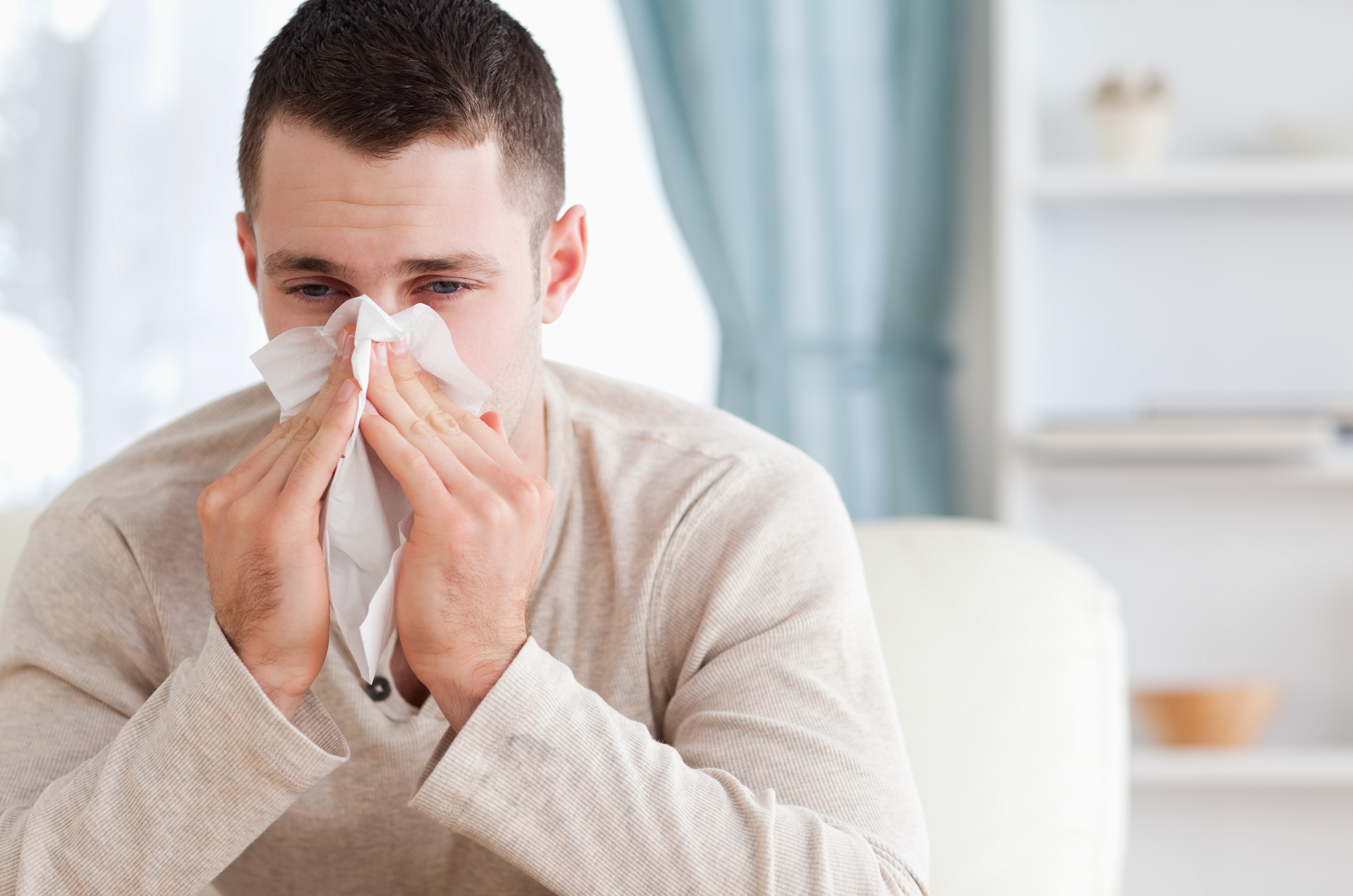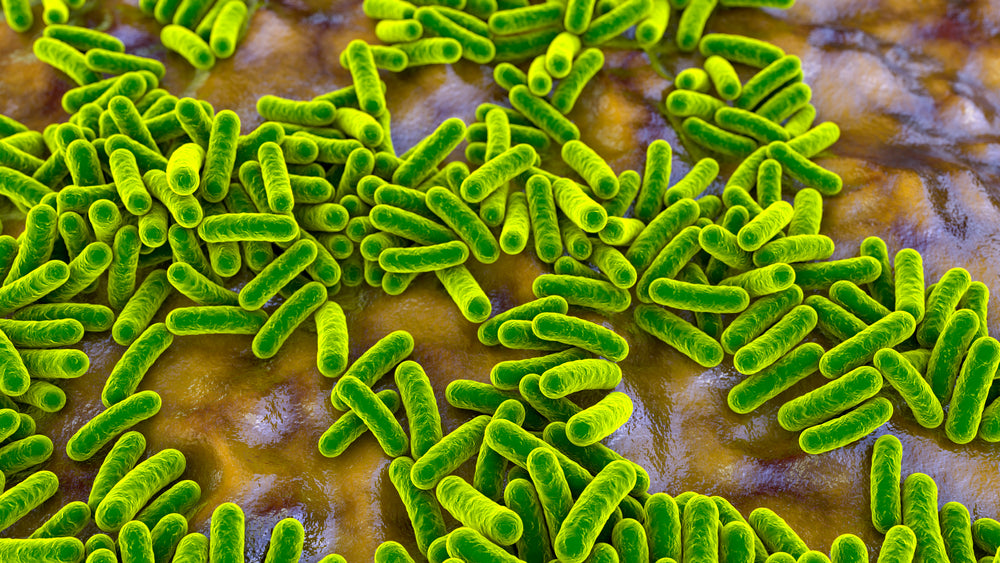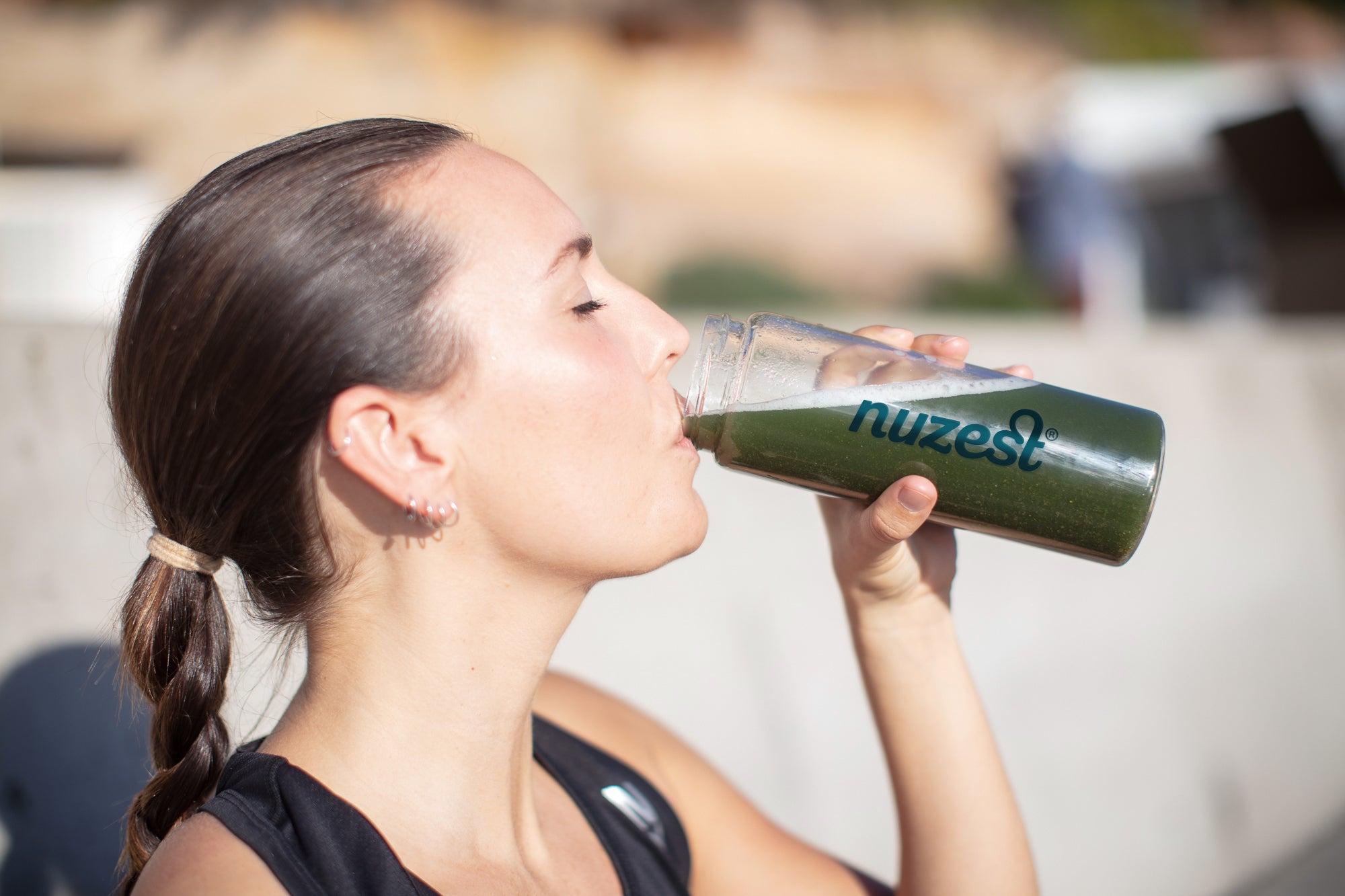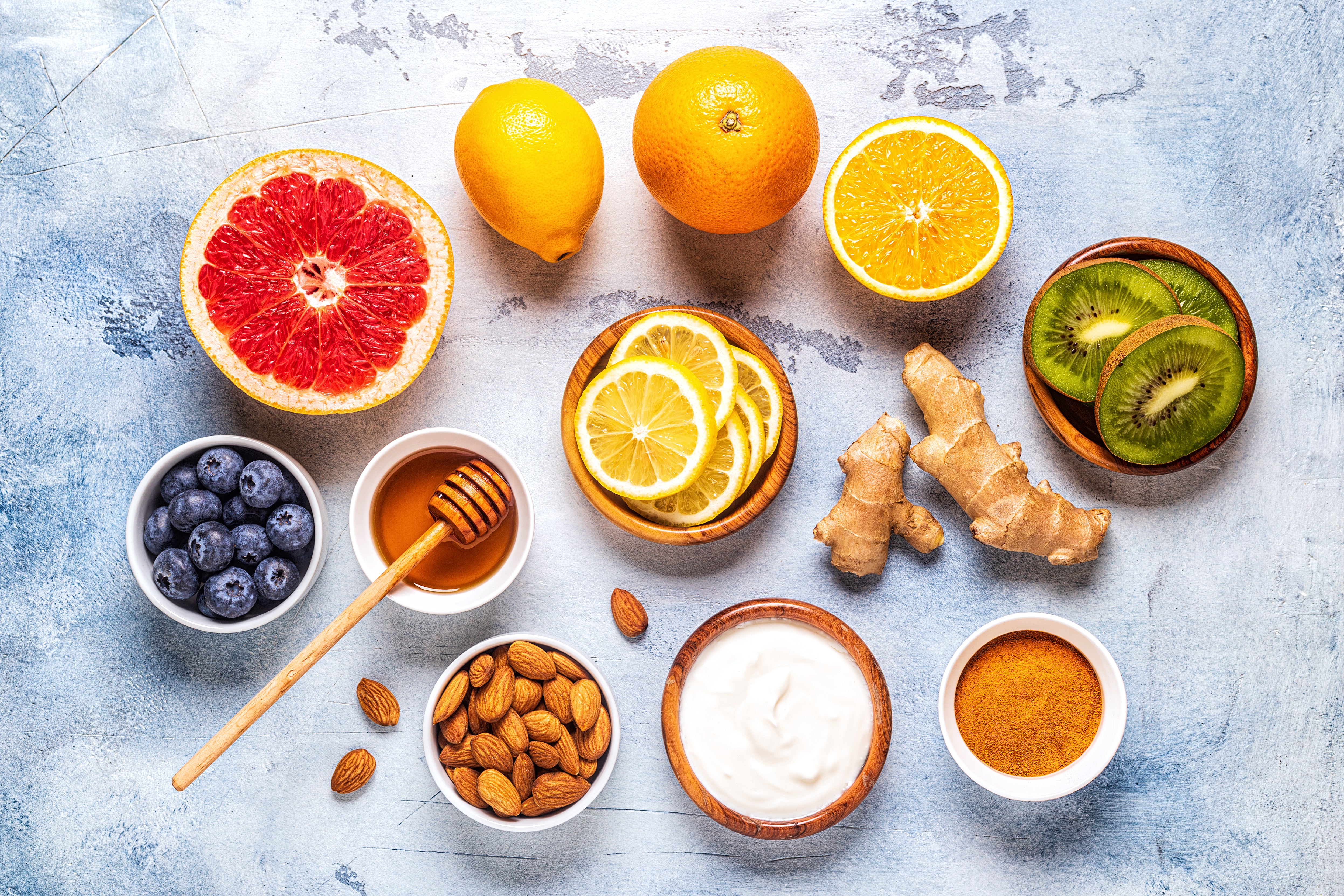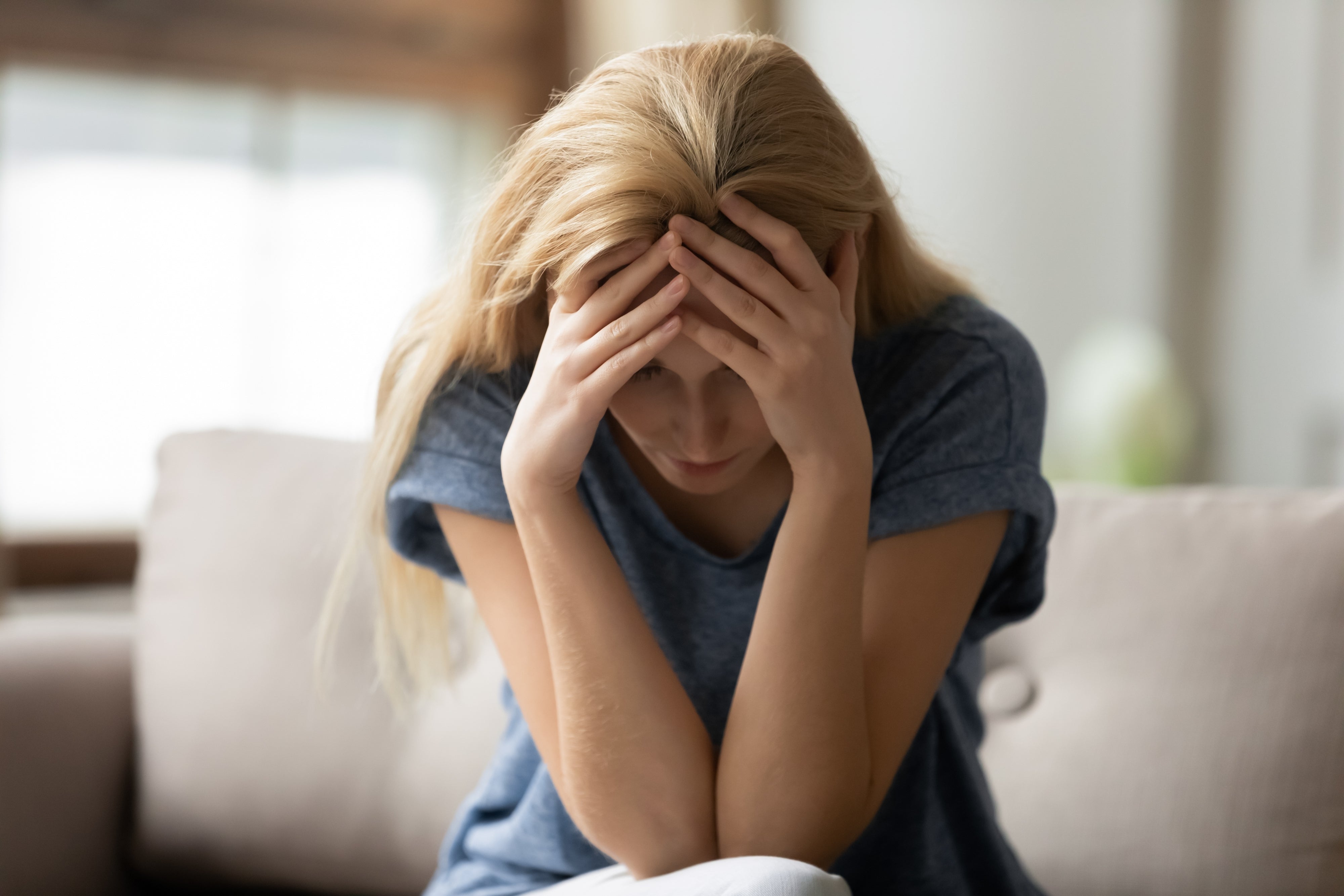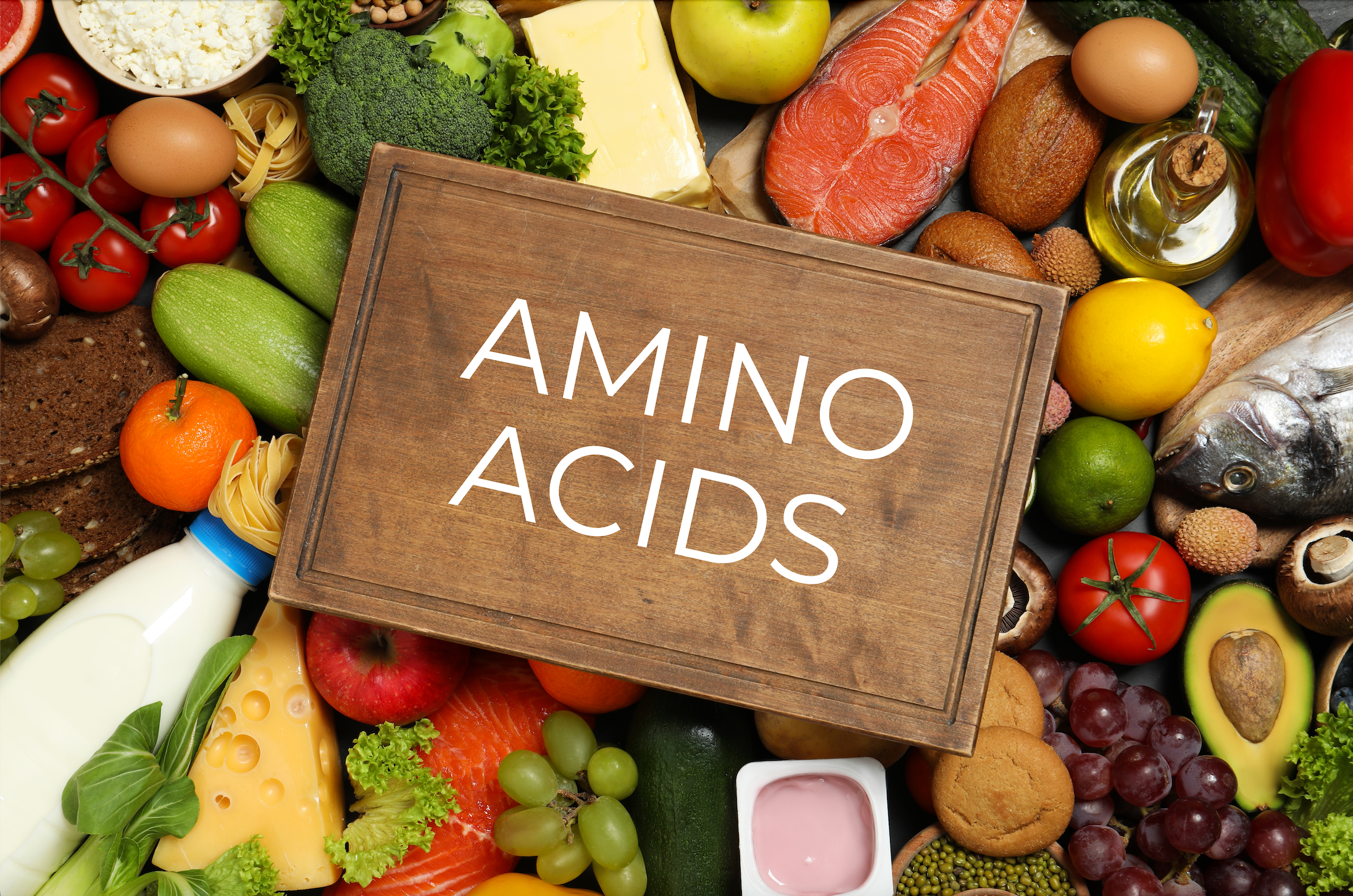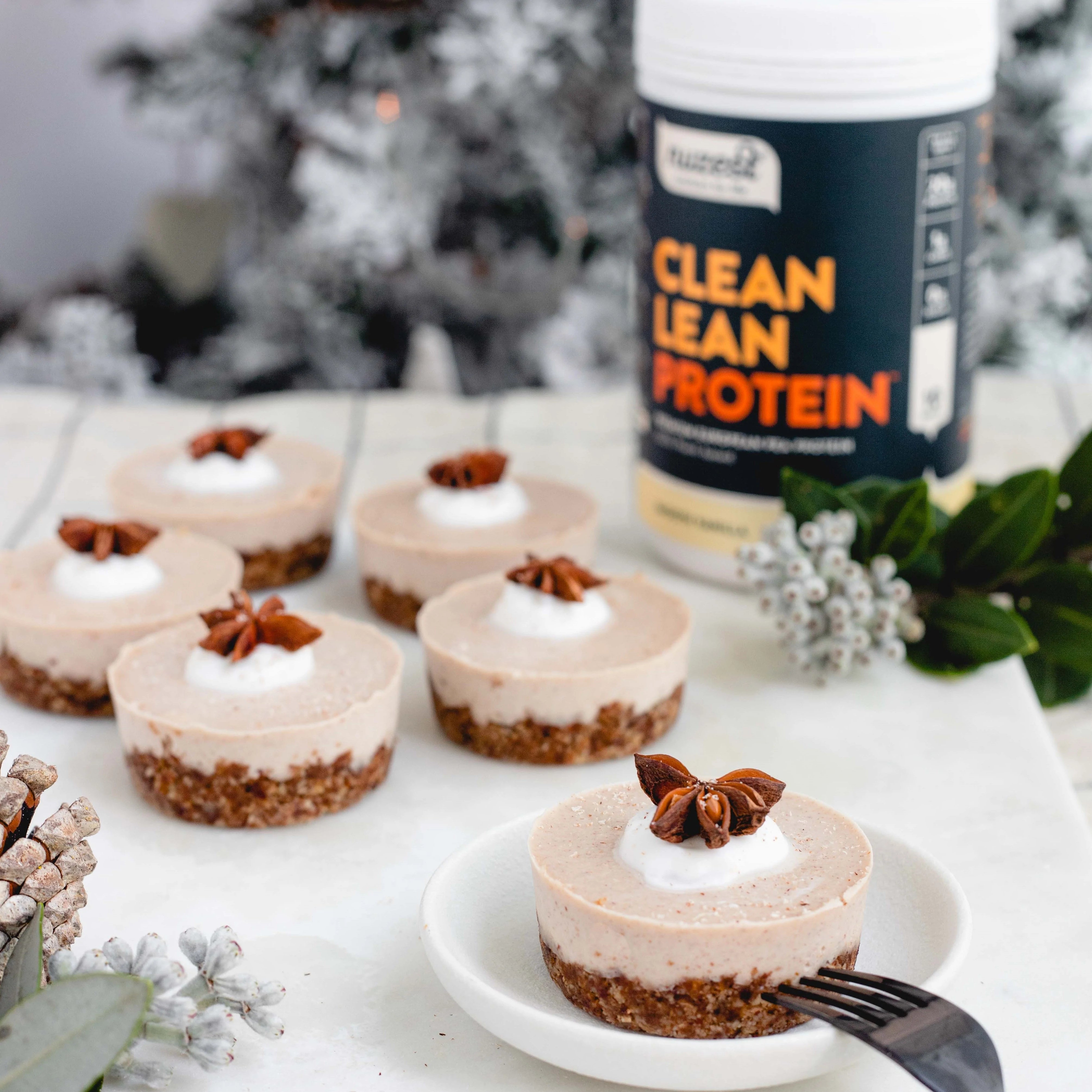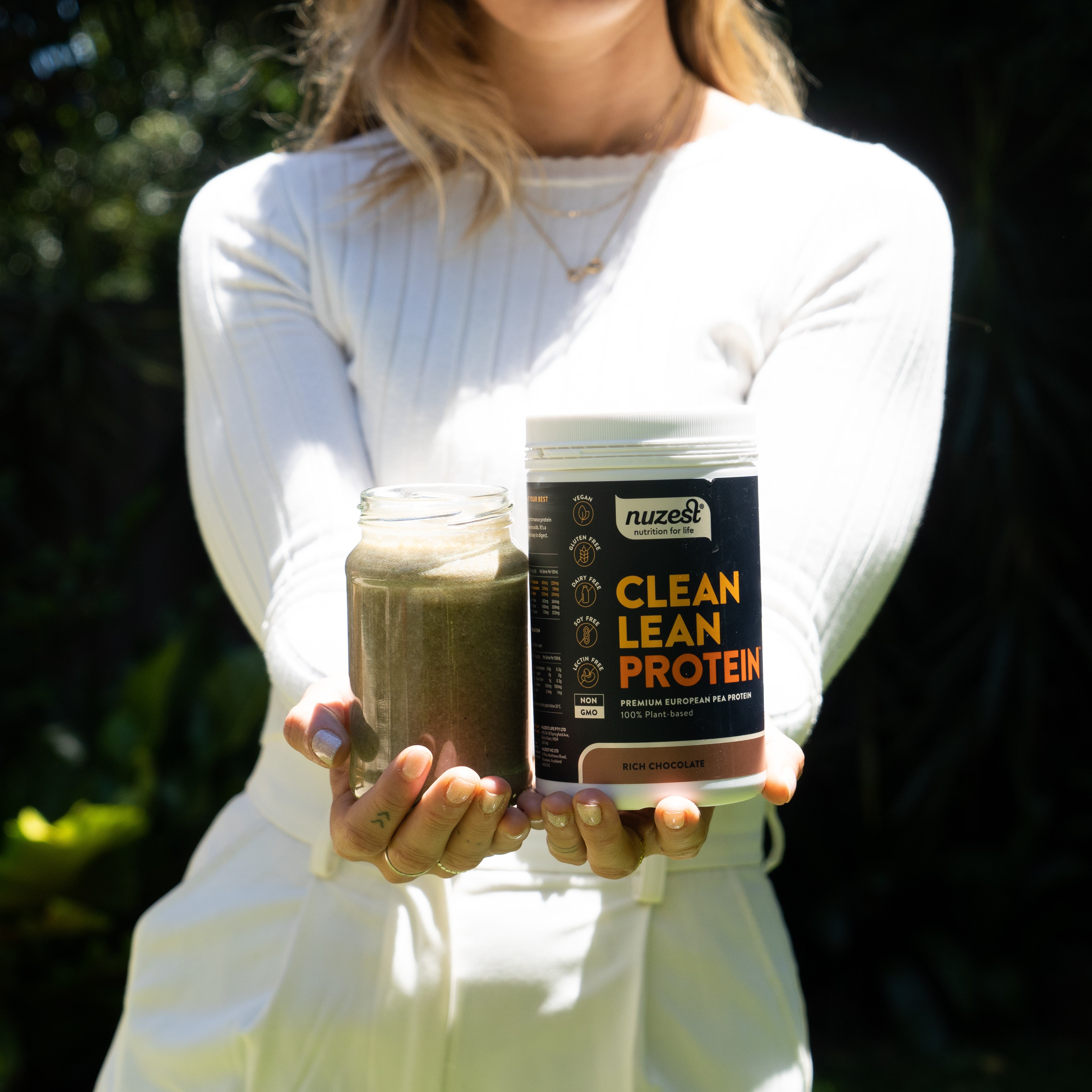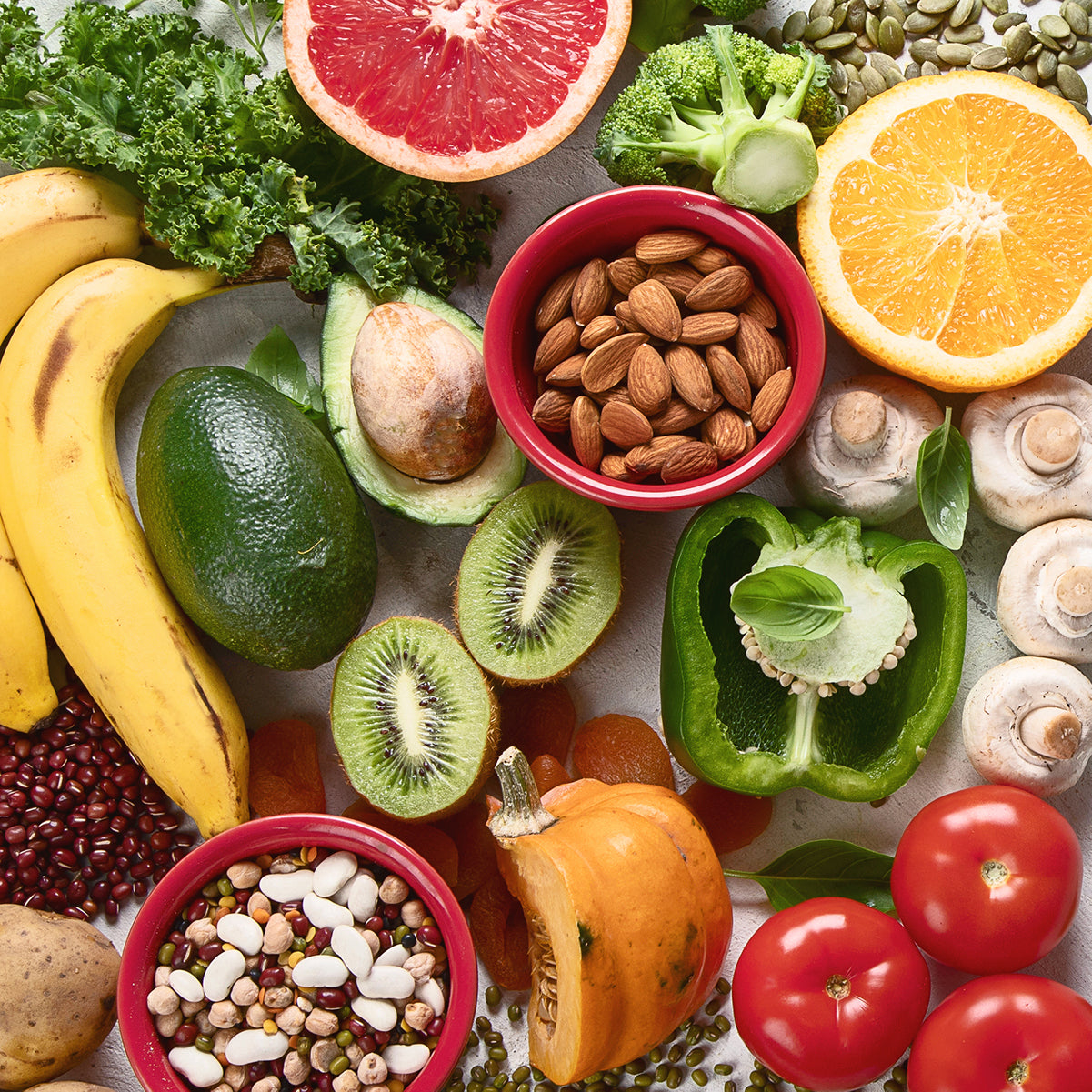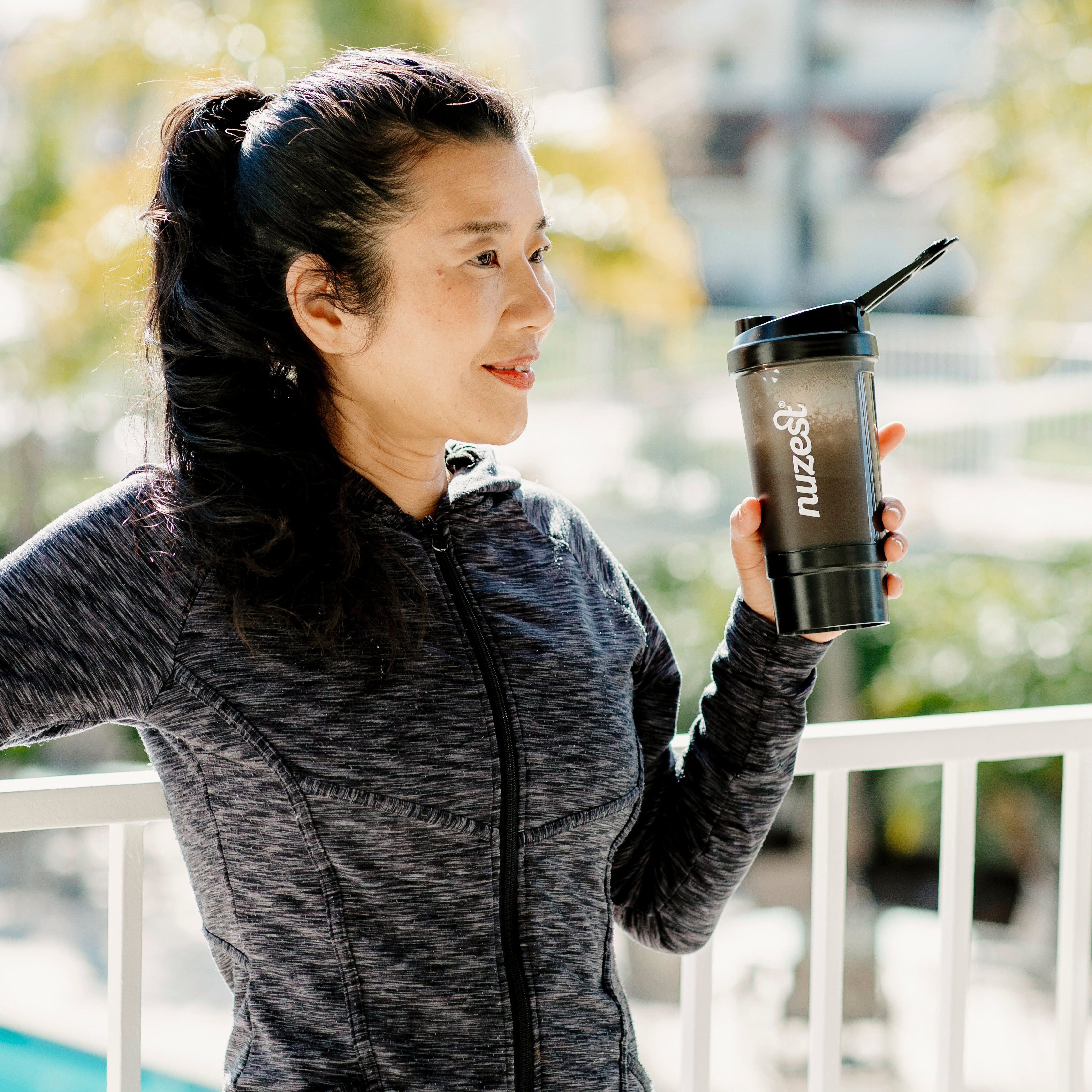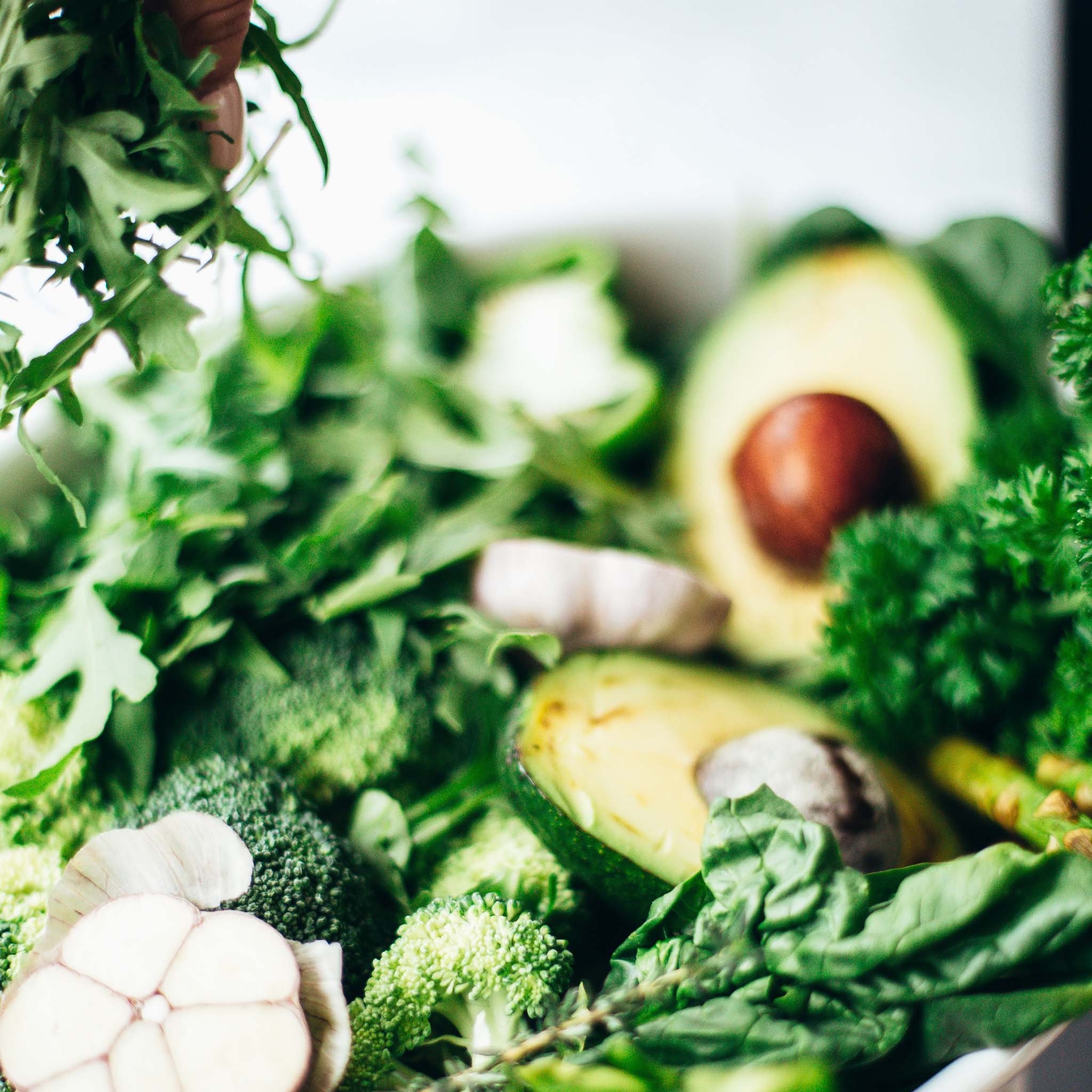Not a day goes by when I don't see a patient with digestive issues, which effect their day-to-day functioning. They can range from mild discomfort to incredibly distressing. From irritable bowel syndrome (IBS) and reflux to constipation, treating the gut is highly complex and may take months, if not years to get to the bottom of the issue. There are however some base-line strategies that can be implemented into your lifestyle that may improve and in some cases, treat any digestive disturbances. Making sure your gut environment is optimum is a great start to ensuring improved gut health. Often the support of a supplement is necessary, particularly if there are some limitations of some foods that can be eaten. Nuzest's Good Green Stuff contains the perfect combination of prebiotics & probiotics that work together to improve digestive health. The prebiotic is apple pectin, which is an indigestible carbohydrate that is the nourishment to keep alive probiotic strains, Bifidobacterium Bifidum and Lactobacillus Acidophilus. The correct balance of probiotic strains, or gut flora is essential to a healthy digestive system. Digestive health is also improved by supporting our major detoxifying organ, the liver and assisting in the elimination pathways in the body. Good Green Stuff contains globe artichoke extract, milk thistle seed extract, ginger rhizome, bromelain, dandelion, burdock root and slippery elm bark, which are all supported by science and can help to do just that.
A few other strategies that may be helpful to improve digestive health include the following:
- Know your triggers
Over-doing it on the pasta, having a large latte; there are some foods that might tip you over your threshold and trigger some digestive discomfort. On a more serious level, chronic daily gut upset might be caused by other less obvious food components that you may not consider. Keeping a food and symptom diary can be helpful to identify a pattern and remove problem foods.
- Stress & anxiety
Many gut issues stem from our emotions. Stress and anxiety are a common cause of IBS and gut issues. Identify the stress and often the gut issues disappear along with it.
- Hormones
During a woman's cycle, drops in ovarian hormones at the time of a period can cause digestive disturbances such as bloating, gut pain and change to bowel motions. Unfortunately there is not a lot that can be done about this aside from regulating hormones and will subside as we move through our cycle.
- Eat slowly & mindfully
Bloating, burping, hiccoughing, indigestion and heartburn can often be attributed to the pace in which we eat. Wolf down your meal and you're likely to be in for some discomfort. Mindful and slow-paced eating, not allowing yourself to get too full and sitting upright for at least 30 minutes after a meal can help with this.
- Hydration
If you're dehydrated, it's likely so are your stools. Dehydration is a common cause of constipation, so make sure to keep up with your fluids, particularly if you're exercising more or the weather is hot.
- Move often
One of the risk factors for constipation is inactivity. Sit still and don't move far and neither will your stool. Exercise can help intestinal muscles move a stool and the less time it's in your system, the less water is reabsorbed into our body, which makes a dry stool that is hard to pass.
